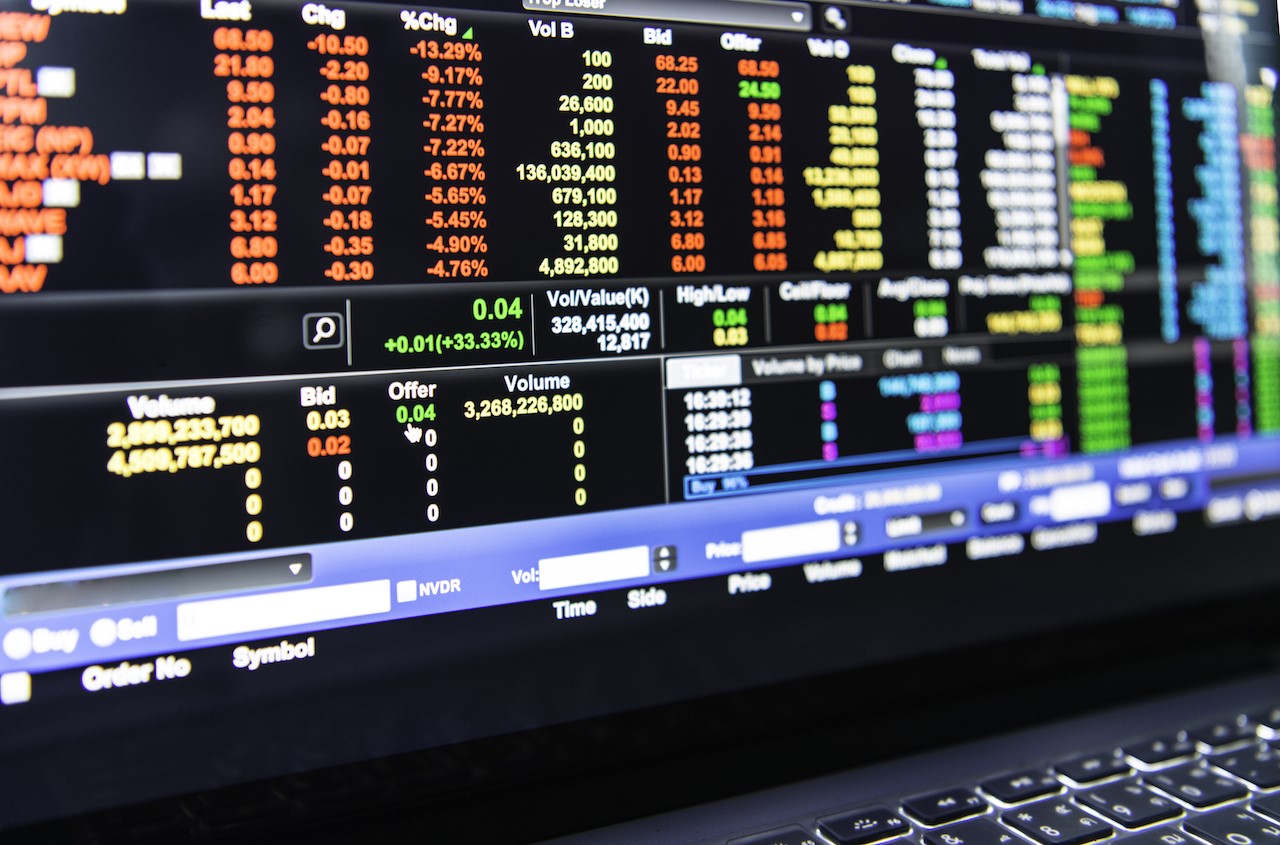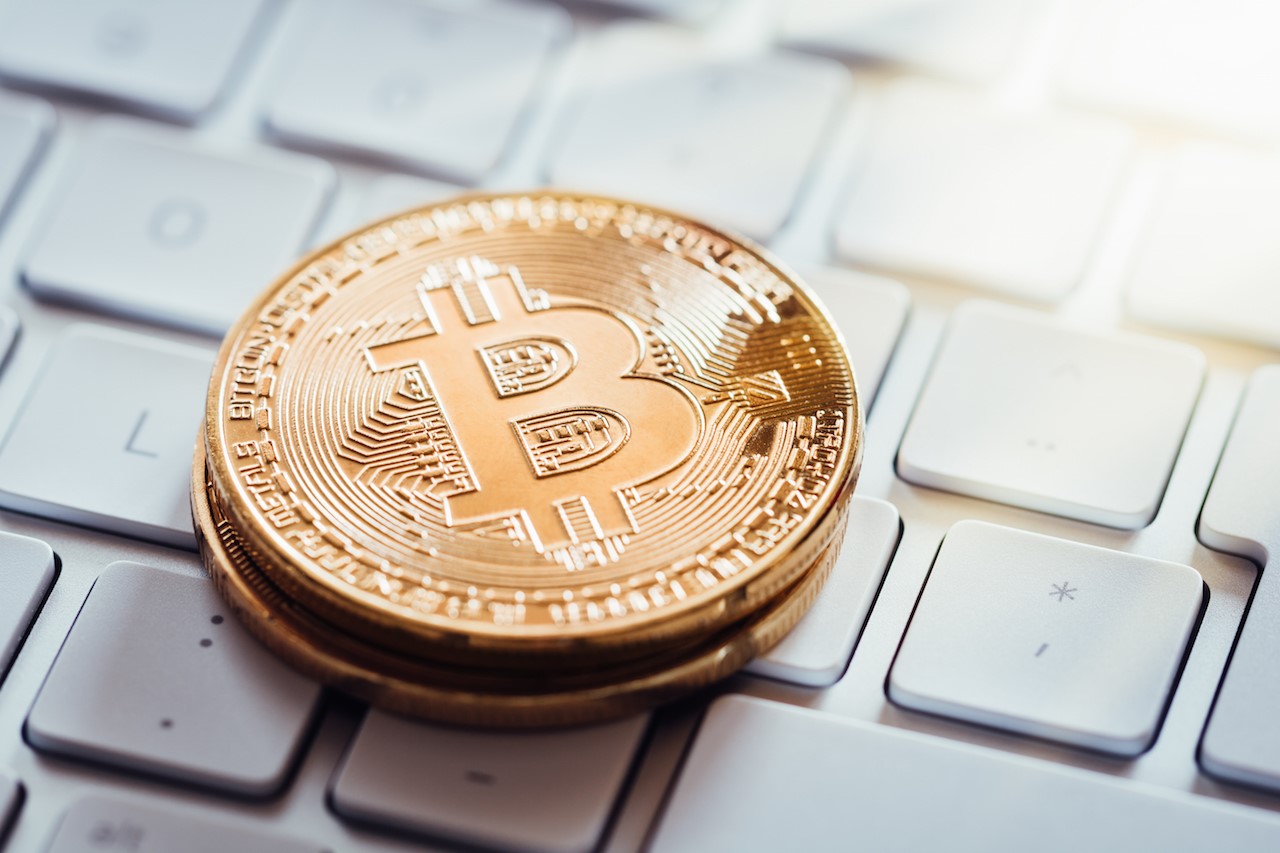Unraveling the mystery of bitcoin & the predictability of the Fed
These days, I get a lot of questions about bitcoin — mainly, what is it and why is it grabbing so much attention? I thought it would be helpful to cover it in this week's blog.
First and foremost, there's no correlation between bitcoin and mortgages. Second, the digital currency is moving into mainstream markets: bitcoin futures made a thunderous debut on Wall Street this week, sending financial markets into a frenzy that had to be calmed with two temporary trading halts.
Here's a breakdown of what you need to know about the digital currency and why everyone seems to be talking about it.

The 411 on bitcoin
What is it?: Bitcoin is cryptocurrency, a form of digital money that's converted into a near-unbreakable code. It was created in 2009 but drew mainstream attention a few years later when people began using it for activities both lawful and criminal. It's the world's first decentralized currency, meaning it functions without a central bank or government.
How do people use it?: Bitcoin can be used to make electronic purchases or transfers. Users buy or sell bitcoin on online marketplaces called bitcoin exchanges. They can use mobile apps or computers to exchange bitcoin with other users. People with bitcoin store the currency in digital wallets, virtual bank accounts that exist in the cloud or on a user's computer.
What's blockchain?: Bitcoin doesn't operate like traditional payment networks. Remember, it's decentralized, with no backing from the government or a central authority. The system is run by a network of computers across the globe that track all bitcoin transactions. The network which keeps record of those transactions is called blockchain. Think of it as a ledger that keeps account of every bitcoin transaction that ever existed.
What's the big draw?: For many, bitcoin is attractive because it offers anonymity. Users can make bitcoin payments without ever giving their name. There's no involvement from a middleman, such as a bank. And there's no trail leading back to the user making the transaction. It's all private.
Why all the hubbub?: Although it's been around for awhile, bitcoin's true potential was realized this year when it's value skyrocketed to more than $17,000 (for context, consider that it started the year worth less than $1,000 and was worth less than a dollar in 2011, according to CNN Money). Investors are buying and selling the electronic tokens, driving the price higher and higher. Why the frenzy?
Some speculate that mainstream investors are afraid of missing out on something that could yield high returns. Others suggest investors aimed to take advantage of a proposed software change that would have resulted in the creation of a new blockchain and cryptocurrency. That proposal failed.
Should we be worried?: As the cryptocurrency craze intensifies, there's been talk of a bitcoin bubble. As more individuals and real money investors buy, the prices will continue to rise. This will continue for a time until the owners look to sell their coins. As investors sell, prices will go down. It really is no different than any other investment. Expect lots of volatility over the coming weeks, months and years as this form of currency and technology becomes more mainstream.
Should it happen, economists doubt it will have any broad ramifications for asset markets, the banking system or global economy. That's the word from Andrew Kenningham, chief global economist at Capital Economics.
"As we have pointed out elsewhere, there is no correlation between the prices of bitcoin and other risky assets, so a fall in its price should not affect wider financial conditions," Kenningham told Business Insider. "And nor would it tell us anything about wider market sentiment."
What's next?: Bitcoin is gaining mainstream legitimacy. Last Sunday, the Chicago Board Options Exchange (CBOE) began trading bitcoin futures, creating a 26-percent rally on their first day of landing on Wall Street. Next week, the Chicago Mercantile Exchange (CME), the world's largest exchange operator, will follow suit. Nasdaq plans to start bitcoin futures in 2018, and Japan already started licensing bitcoin exchanges earlier this year.
The bottom line: Blockchain as a decentralized technology is here to stay as many businesses look to leverage it in many ways to create efficiency across a variety of opportunities, including digital currency. So where does bitcoin go from here? No one really knows. So, if you're thinking about investing in bitcoin, remain vigilant and cautious, keeping in mind that bitcoin is unpredictable. Only invest what you can afford to lose.

Fed moves as expected
The Federal Reserve this week gave us few surprises when it raised interest rates for a third time this year, the last major action the central bank took with Chair Janet Yellen at the helm.
The Fed on Wednesday raised the benchmark interest rate by 25 basis points as policymakers expressed confidence in a strengthening labor market and stronger economy, especially in light of November's robust jobs report.
"We continue to think that a gradual path of rate increases remains appropriate even with almost all participants factoring in their assessment of the tax policy," Yellen said during her final news conference as Fed chief.
The Fed is weighing the GOP's tax reform bill as it generates economic forecasts but Yellen cautioned that there's still a lot of uncertainty surrounding the legislation.
Policymakers increased their gross domestic product projections for 2018 from 2.1 percent to 2.5 percent, and revised their estimates for inflation next year to 1.7 percent from 1.6 percent.
Benign inflation has been a prickly problem for the central bank this year. Policymakers want to keep inflation at a target rate of about 2 percent but it's consistently fallen short of that goal. Next year likely won't be any different, but the central bank expects to hit its target in 2019 and 2020 when the Fed's benchmark rate may increase to 3.1 percent.
Economic news this week
- Congressional Republicans reached a tax bill deal, which includes a 21 percent corporate tax rate (lower than the 35 percent rate), doubling the standard deduction for individuals and married couples and placing a $10,000 limit on deducting property taxes. Of particular interest is the mortgage interest deduction, which the bill caps at $750,000 for new homes — higher than the House's $500,000 proposal but lower than the $1 million cap homeowners benefit from today.
- U.S. producer prices rose in November thanks to a surge in the price of gasoline, increasing 0.4 percent last month, the largest annual gain in nearly six years. That's according to the Labor Department's Producer Price Index, or PPI, which measures the change in selling prices. There were also increases in the prices of light motor trucks, pharmaceuticals, beef, residential electricity and jet fuel.
- The rebound in gasoline prices caused consumer prices to increase 0.4 percent in November, as economists expected, according to the Labor Department's Consumer Price Index, or CPI. The underlying rate of inflation, though, continues to undershoot the Fed's 2 percent target.
- Mortgage applications fell 2.3 percent as rates slightly increased this week. Refinance applications also fell after making a sharp rise last week.


